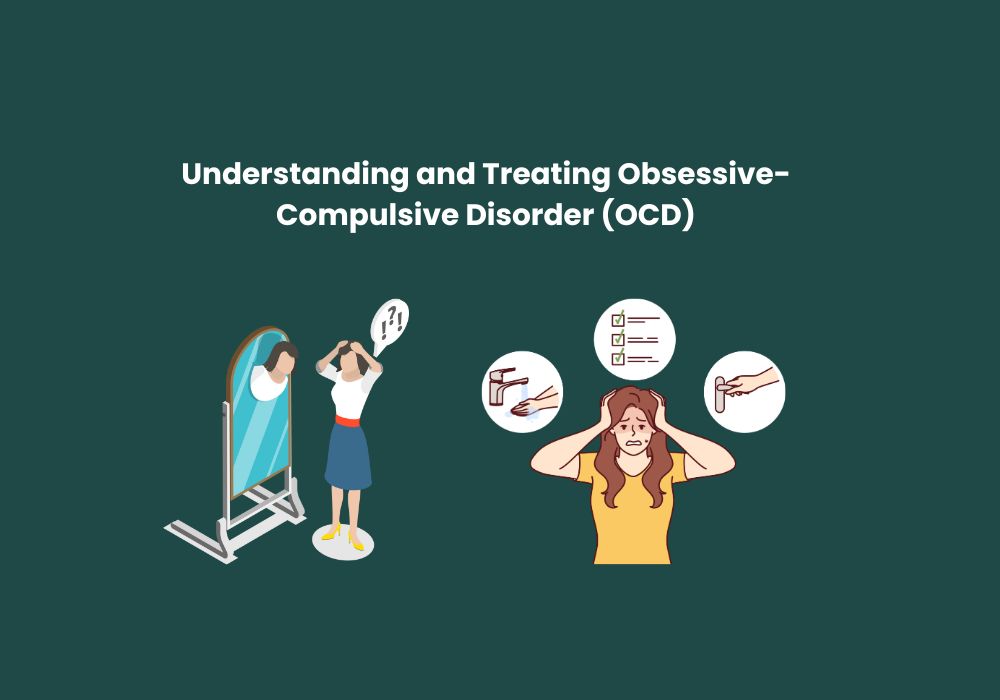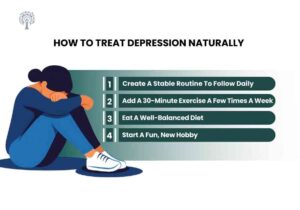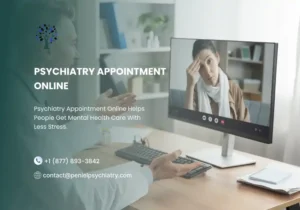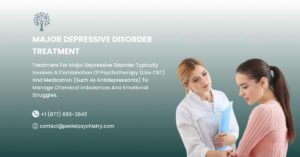What is Obsessive-Compulsive Disorder (OCD)?
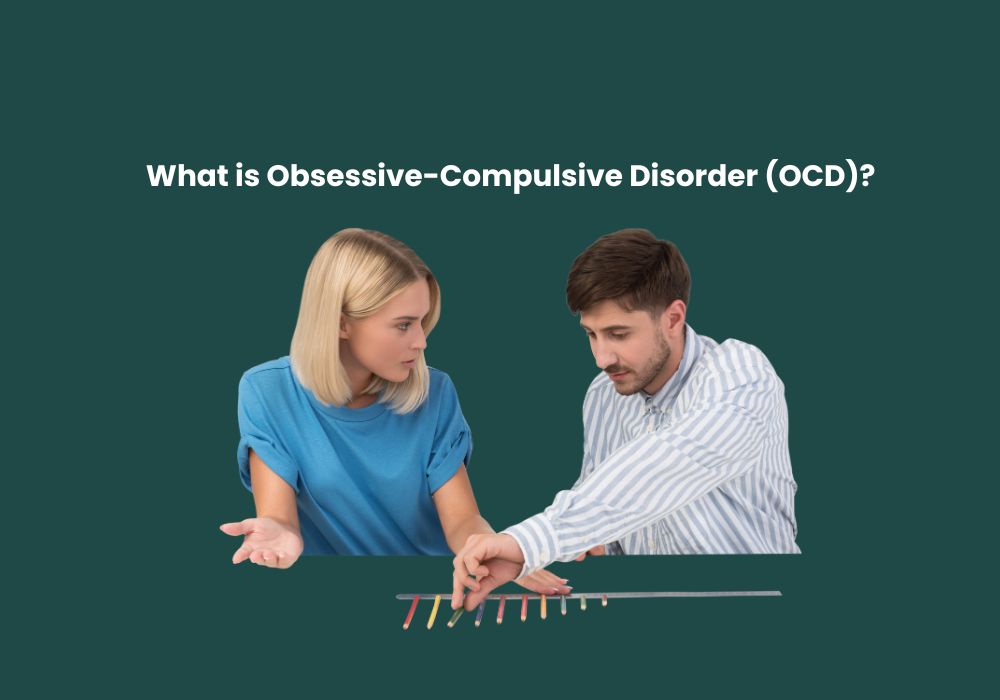
Obsessive-Compulsive Disorder (OCD) is a chronic mental health condition characterized by unwanted, persistent thoughts (obsessions) and repetitive behaviors (compulsions). These obsessions and compulsions can significantly interfere with daily life, causing distress and anxiety. Common obsessions include fear of contamination, intrusive thoughts, and a need for symmetry, while common compulsions include excessive cleaning, checking, and counting.
Before reading this blog see our previous blog post, we discussed Understanding the Difference Between Major Depression and Bipolar Disorder.
Recognizing the Symptoms of Obsessive-Compulsive Disorder (OCD)
To effectively treat OCD, it is essential to recognize its symptoms. These include:
- Obsessions: Persistent, unwanted thoughts, images, or urges that cause distress or anxiety.
- Compulsions: Repetitive behaviors or mental acts performed in response to obsessions to reduce anxiety or prevent a feared event or situation
Evidence-Based Treatments for OCD
Effective treatment for OCD often involves a combination of therapy, medication, and lifestyle changes. Here are the main approaches:
1. Cognitive-behavioral therapy (CBT)
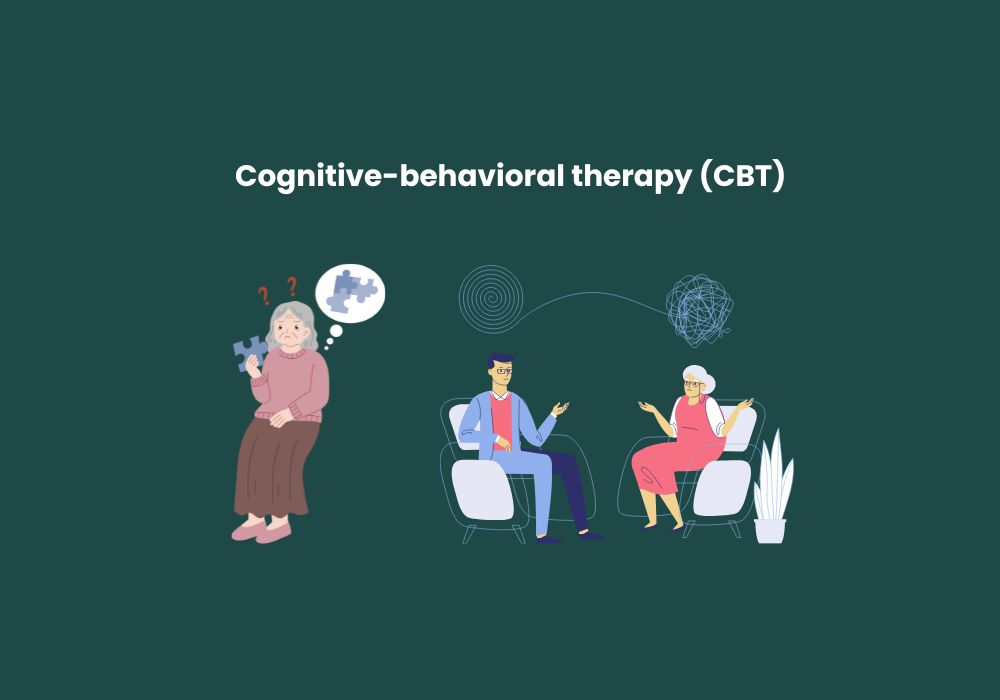
CBT is the gold standard for treating OCD. Specifically, a type of CBT called Exposure and Response Prevention (ERP) has shown significant efficacy. ERP involves gradually exposing individuals to their obsessions while preventing the compulsive behaviors they use to reduce anxiety. Over time, this helps reduce the intensity of the obsessions and the urge to perform compulsions.
- Exposure: Patients are exposed to situations or thoughts that trigger their obsessions.
- Response Prevention: Patients are encouraged to refrain from performing their usual compulsive behaviors.
2. Medication

Selective serotonin reuptake inhibitors (SSRIs) are commonly prescribed to help manage OCD symptoms. These medications can help reduce the frequency and severity of obsessions and compulsions. Common SSRIs include:
- Fluoxetine (Prozac)
- Sertraline (Zoloft)
- Paroxetine (Paxil)
- Escitalopram (Lexapro)
In some cases, other medications like tricyclic antidepressants (e.g., clomipramine) or antipsychotics may be prescribed.
3. Deep Brain Stimulation (DBS)
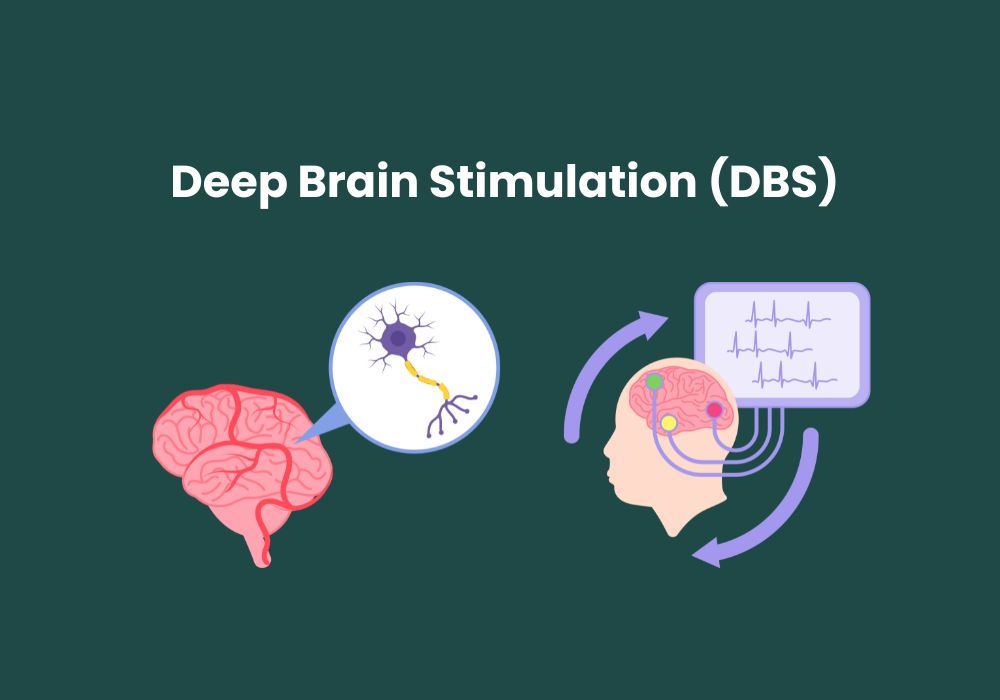
For severe, treatment-resistant cases of OCD, Deep Brain Stimulation (DBS) may be considered. This surgical procedure involves implanting electrodes in specific brain areas to regulate abnormal brain activity. While DBS is not a first-line treatment, it can be effective for individuals who do not respond to traditional therapies.
4. Lifestyle and Self-Help Strategies
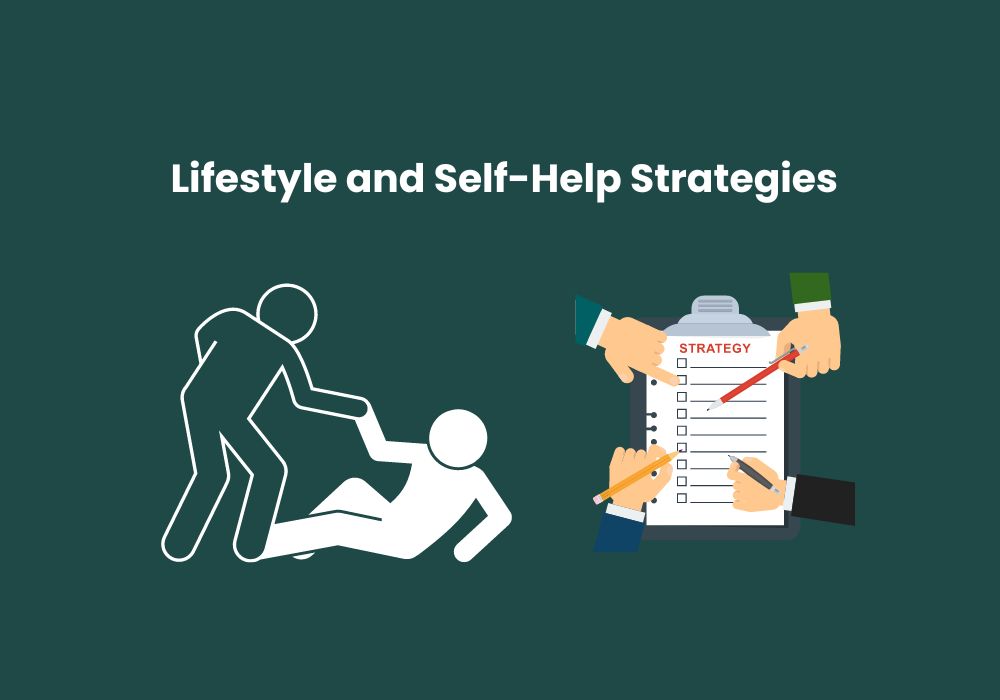
In addition to professional treatment, certain lifestyle changes and self-help strategies can support recovery:
- Mindfulness and Relaxation Techniques: Mindfulness meditation and yoga can help manage anxiety and stress.
- Healthy Lifestyle: Regular exercise, a balanced diet, and sufficient sleep can improve overall mental health.
5. Evidence-Based Treatments for Obsessive-Compulsive Disorder (OCD)
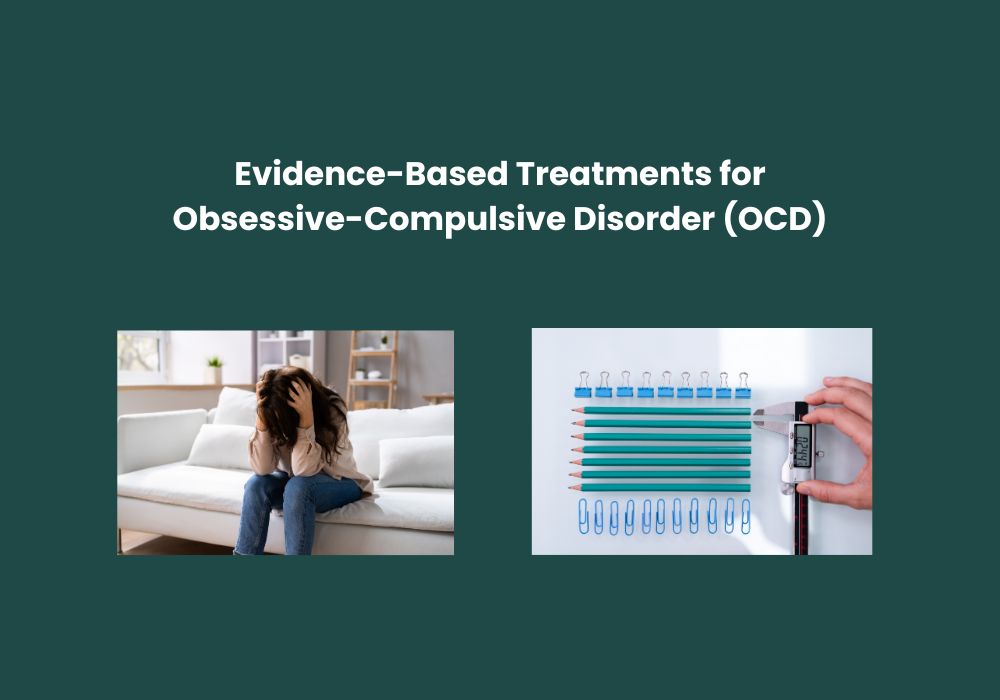
Cognitive-behavioral therapy (CBT), particularly Exposure and Response Prevention (ERP), and medications like SSRIs are evidence-based treatments for OCD, helping reduce obsessive thoughts and compulsive behaviors.
Support Groups: Connecting with others who have OCD can provide emotional support and practical advice.
Seeking Help at Peniel Psychiatry
At Peniel Psychiatry, we understand the challenges of living with Obsessive-Compulsive Disorder. Our team of experienced professionals is dedicated to providing comprehensive, compassionate care tailored to your needs. We offer evidence-based treatments, including CBT, medication management, and support for lifestyle changes.
If you or a loved one is struggling with OCD, don’t hesitate to reach out to us. Together, we can develop a personalized treatment plan to help you regain control and improve your quality of life.
Conclusion
OCD is a challenging but manageable condition. With the right treatment approach, individuals with OCD can lead fulfilling lives. Cognitive-behavioral therapy, medication, and lifestyle changes form the cornerstone of effective OCD management. At Peniel Psychiatry, we are committed to helping you navigate your journey to recovery with expertise and empathy.

